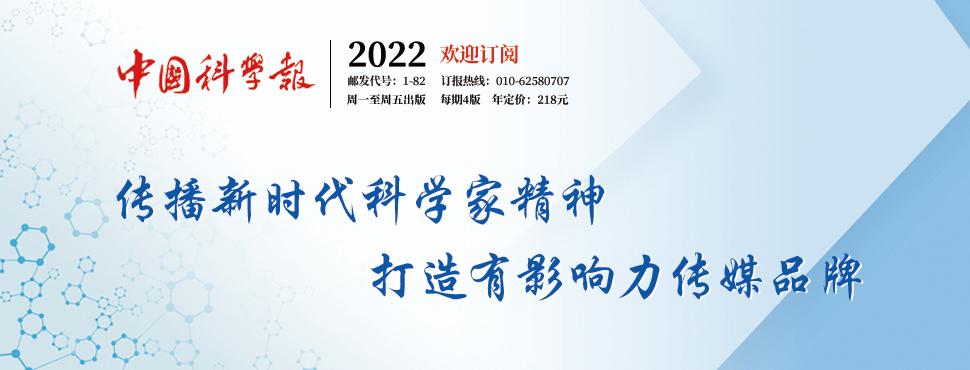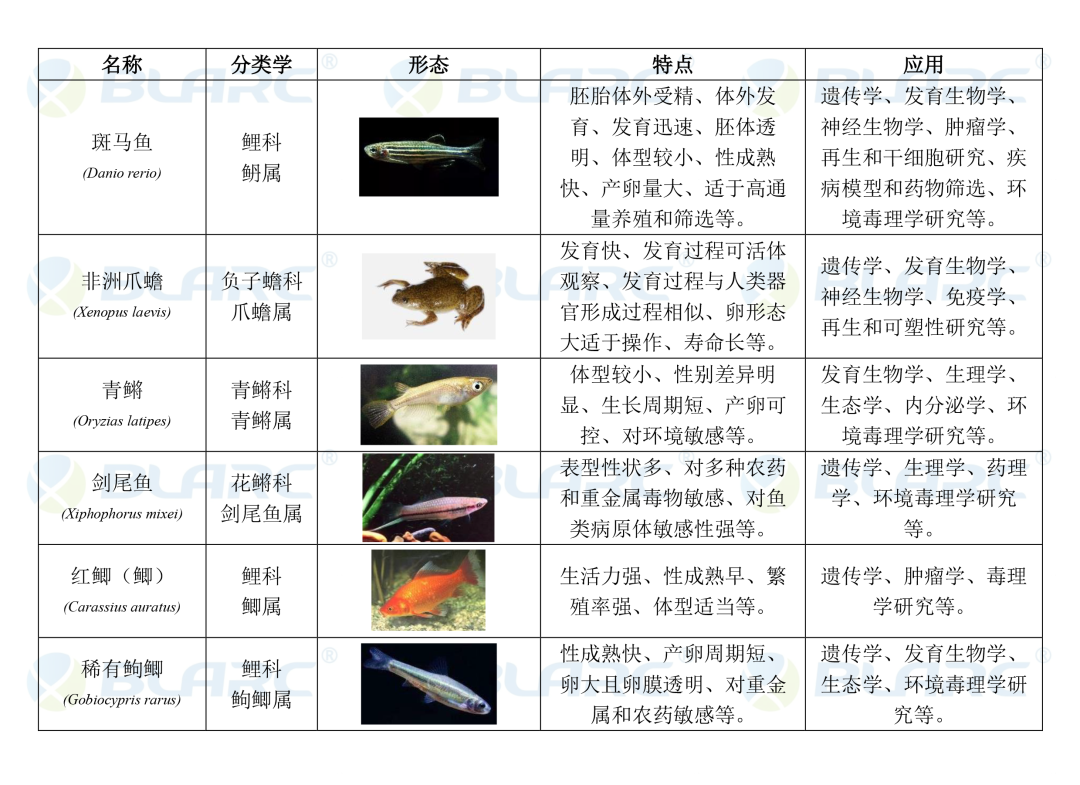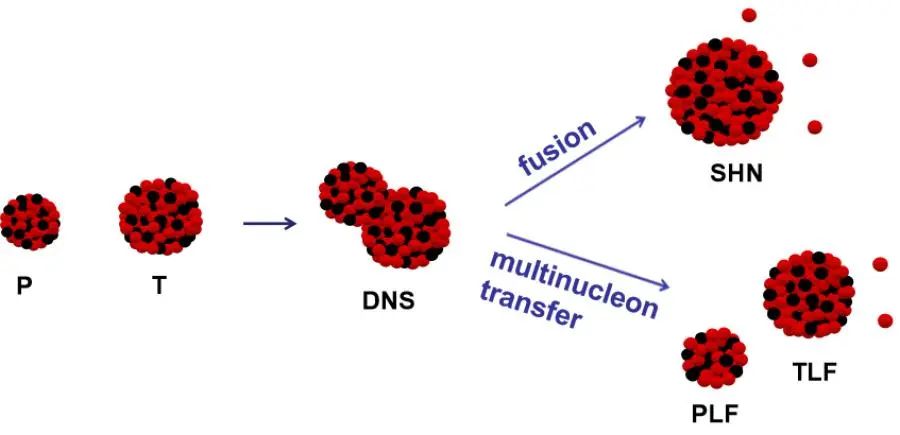Science published: The signature of the thesis was changed to the Nobel Prize winner, and the receiving rate soared by 50%!
Author:Scientific network Time:2022.09.18
Text | Zhang Qingdan
The process of the dissertation is often full of twists and turns, and it is even very painful. This is an experience that many researchers have had. Everyone is racking their brains for how to increase the probability of the dissertation.
On September 13th, the "Scientific Internal Crusher" column of Science pointed out that the increase in receiving rate is indeed a "routine": the signature of celebrities in the scientific community, which is more helpful for the publication of the dissertation.
This report quotes the latest research conclusion: If the only author of a paper is an unknown generation, only 9.9%of the reviewers are willing to accept it; if the same paper is changed to the Nobel Prize winner, it will The rate was soaring to 59%.
The "Matthew effect" of "the rich is getting rich, the poor the poor" is staged in the scientific community!

The "Matthew Effect" published by the paper
What is the "Matthew effect"?
"Matthew effect" is a terminology created by sociologists RobertMerton and Harries Zuckerman in 1968. Researchers used to describe high status often obtain more research results, such as those who have obtained many citations and funding Essence
The stronger the strong, the richer the rich. The explanation of this accumulation effect on this advantage can be traced back to such a sentence in "Bible Matthew": "Because all of them have to be added to him, there are more than there. Noth Come here. "This phenomenon was also named.
The publication of the paper also has a "Matthew effect".
If there is a well -known expert and scholar signed, it is equivalent to experts and scholars with their own academic reputation as the content of the paper. This will rest assured that the reviewer is more assured.
After all, editors and reviewers are not necessarily peers in small circles in a research field, and may not be able to make accurate judgments on the experimental process and experimental data in a paper. To fully clarify the correctness of the content in the paper is a large project, it takes a lot of time and energy, which is almost impossible to achieve.
Therefore, on the premise that there is no absolute grasp of the field of thesis research, the editor and reviewer will also be a bit "guilty."
As a result, there is a conventional operation in the academic community: the reviewer usually uses various methods to the resume of the author of the "human flesh" thesis.
They have reached a consensus. The more famous, the more the papers, the higher the record of the reference record, the more reliable the content of the article is. The author will be obvious in the process of reviewing. Researchers in background information are very doubtful.
The more the papers published, the easier it is to publish the new work, and the success of success brings more success. This advantage accumulation effect will give authors with scientific achievements and prestige to have a "halo". They have become the biggest winners, not only do not worry about publishing papers, but they will also obtain better positions and treatment because of the number of papers and journal levels, so as to have better scientific research conditions, such as obtaining funding support and lifelong faculty.
This is a bit of "robbing the poor and getting rich"! Unfortunately, the strange phenomenon of seeking the papers is very common in the scientific community.
Research: Nobel Prize winner vs Dr. VS
In order to verify the "Matthew effect" of the scientific community, the team led by Jürgen Huber, a professor of finance at the University of Instal, began a large -scale research and found powerful evidence of "prejudice" in status.
Journalof Behavioral and Experimental Finance (influencing factor 8.222) of the well -known journal in the financial field sent an email to more than 3,300 potential reviewers and asked if they were willing to review an economics research article voted for the journal.
In order to evaluate the influence of the author's reputation on the willingness of the thesis review, this article sets two authors, both from Chapman University in the United States, but the two academic status and reputation are different.
A author is Vernon Smith, a winner of the Nobel Prize in Economics in 2002. Last year, he had more than 54,000 citations on Google scholars' website. Another author is called Sabiou Inoua, a former doctoral student in Smith. There were only 42 citations last year.
These recorders who were potentially participated in the experiment received three forms of signature forms: the first was only Smith, listed him as a communication author; the second was only inOua; the third was anonymous.
At this time, the author's "halo effect" appeared.
Smith's outstanding position and reputation seem to affect everyone's reaction. It can be seen from the feedback: Among the researchers who received only SMITH signed articles, 38.5%of the people received an invitation of the review; among the people who received unsigned articles, this proportion was 30.7%; and the author received by the article received The name is in the people of the Inoua, and only 28.5%of the people are invited by the review.
It can also be seen that in the thesis review session, if the author is silent, it is not as good as the result of anonymous submission.
Earlier this month, at the International Association Evaluation and Scientific Publication Conference held in Chicago, the team reported that 821 researchers agreed to participate in the review.
In order to avoid prejudice in this study, the team adopted further experiments, that is, focusing on the research focus on 313 voluntary reviewers who had not received the name of the author.
The team randomly selects one of the three manuscripts and assigned them for review. The three manuscripts are: the first signature Smith; the second copy is only signature Inoua; the third is anonymous. The team also informed the reviewer that their review will be part of an experiment. The experiment will invite multiple peers to review instead of the usual 2 to 3. However, the team did not disclose the overall plan of the study to avoid affecting the accuracy of the research results.
The experimental results show that only 9.9%of the reviewers signed by Inoua recommend to receive this version (it is recommended to modify or completely receive it). The version signed by Smith has received the highest evaluation of the reviewer. They praised the article containing new information and data -supported research conclusions, and the receiving rate was as high as 59%.
This study is huge and random, and the test results are more convincing. The post -doctoral University of Stanford University, who did not participate in this research, and Mario Malički, editor -in -chief of "Research Integrity and Peeing Evaluation", said, "Being able to recruit so many researchers to participate in the review is unbelievable. The largest random control experiment of prejudice. "
The research results were published on September 9 on the pre -printing platform SSRN. A team member expressed concern about the results of the experiment. He said at the international peer review and scientific publication conference, "The results of this research are very disturbing."
Dr. Christiankönig-Kerters University of Insting said, "The same tasks should not be treated differently because of the author's differences, because this will make it difficult for young and unknown researchers to take the first step in academic."
Where is the unknown generation?
In addition to fame, the "prejudice" of the reviewer may also come from the differences between race or geography.
From the perspective of K-nig-Kerting, the reason why more reviewers chose Smith's article may also sound like Americans and white people because the name Smith sounds like Americans; Inoua is from Niger in Africa with dark skin.
Seeing the papers depends on the author's "origin" of the author's "origin", it will only form a vicious circle.
The more "big coffees" accumulated in the "halo" may occupy a large number of journals in the future for some time, making it more difficult for those who have no prestigious and status to make a difference and unknown. This will undoubtedly crack down on the enthusiasm of young researchers and interest in scientific research.
In fact, some people have already mastered the "customs clearance" password of "holding expert thighs", so they tried to cooperate with well -known experts and scholars in their peers, so they tasted a lot of sweetness.
For the sustainable development of science, this speculation is not advisable. Scientific researchers should continue to practice themselves in the academic process. After careful "polishing" scientific research results, they will definitely glow. Of course, the premise is under a fair and fair paper review mechanism.
There is a problem with the problem of the thesis review mechanism. This is the root cause of this phenomenon. In the process of review, editors and reviewers often have great subjectivity.
So, how can novices have the first day?
Researchers who study and publish bias have proposed that the "double -blind review" system that is hidden in both the identity of the author and the reviewer should reduce the occurrence of the "Matthew effect".
However, from the perspective of Kinig-Kesting, this strategy may not work at all, because the reviewer can usually find the author from the pre-print or academic conference report.
Experts suggest that you should work hard on the journal review system to strengthen and improve the "three trial system" -that is, the editorial preliminary review, peer review, and editor -in -chief of the trial to restrict the editorial "life and kill power". The system, from the view of the author's "origin" to the transformation of academic connotation, truly "refund" does not "refund".
What do you think can change this phenomenon, welcome to discuss in the comment area!
Reference link:
https://www.science.org/content/article/reviewers-higher-marks-when-phen-s-author-famous
Edit | Fangyuan
Capture | Zhihai
Cooperation: [email protected]

Submission: [email protected]
Like this article? Praise + watch support!


- END -
Aquatic experimental animal

There are many types of aquatic animals, and only more than 30,000 fish are named,...
Li Jingjing, the basic research of Li Jingjing in the radiation institute, has made new progress in the basic research

Using melting response andMulti -core transfer reactions generate new nuclein sche...